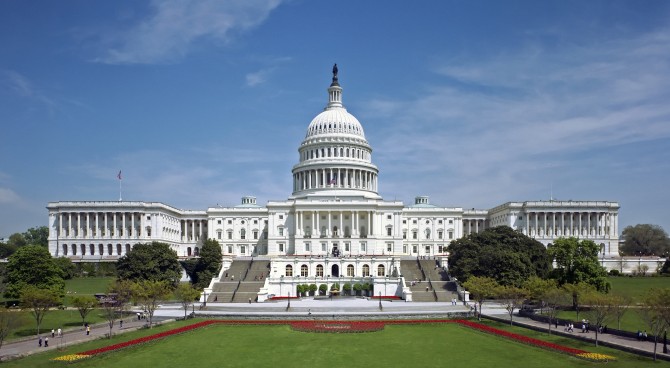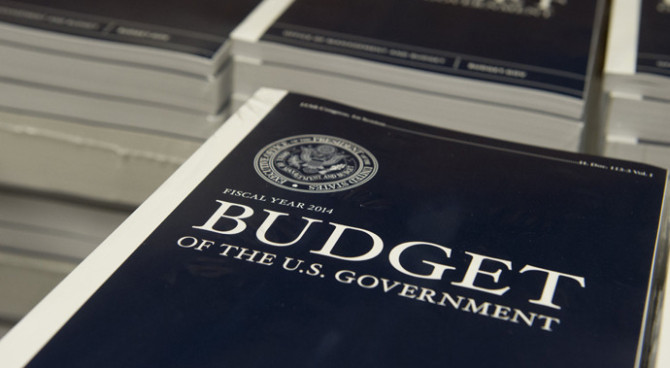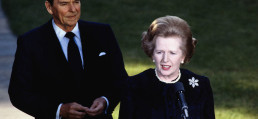Like the Reagan and Thatcher revolutions, Trump and Brexit are reactions to stagnation.
By MICHAEL SOLON
Just as Margaret Thatcher’s ascendance in 1979 foreshadowed Ronald Reagan’s in 1980, so the British vote to exit from the European Union earlier this year presaged Donald Trump’s triumph. The two nations with the longest traditions of liberty—the United Kingdom and the United States—both have a renewed chance to reclaim their freedom from overzealous regulators and international institutions, which have served government interests but let down average citizens.
Since 2008, the largest developed economies, in an effort to build financial stability and economic prosperity, have engaged in unprecedented coordination of financial regulation, monetary policy and business taxation. What the G-7 nations got instead was the weakest economic growth, the largest surge in government debt, the riskiest monetary expansion and the gravest deflationary pressures of the postwar era.
Yet Brexit and the Trump administration could help cast off these international entanglements and reverse the Europeanization of the two economies. If they do, the U.K. and U.S. may demonstrate how greater freedom and limited government can restore domestic prosperity and stability—as Thatcher and Reagan did a generation ago.
After the 2008 financial crisis, the G-7 massively expanded international coordination. The Financial Stability Forum was expanded into the Financial Stability Board, charged with integrating the monetary policy of central banks and supervising financial institutions such as banks, insurers and asset managers. The G-20 worked to protect government revenues through the Base Erosion and Profit Shifting project.
The result? Since 2007 the public debt of the G-7 nations, excluding sober Canada and Germany, has leapt to 130% of gross domestic product from 52%, according to each nation’s own reports. The EU’s monetary base has doubled, the U.K.’s is up 350%, and America’s and Japan’s have increased nearly fourfold since 2008. Real GDP growth in the full G-7 has averaged 0.8% from 2008-15—one-fourth the average in the prior quarter-century.
Massive debt and monetary excess have delivered stagnation and deflation. The G-7 guardians have failed by their own metrics of safety and soundness and their stated goals of prosperity and fiscal responsibility. Despite unsuccessful rescue plans and drained emergency measures, they never asked what went wrong.
The rescue failed because growth wasn’t the ultimate goal. In late 2008, President Obama’s new chief of staff Rahm Emanuel said that “you never want a serious crisis to go to waste.” He was signaling that the White House saw an opening to use the crisis to expand the role of government. Where America led, others followed. Long after the crisis had passed, G-7 authorities pursued debt and monetary expansion along with command-and-control powers. The governments won but their economies, currencies, investors, savers and workers lost.
The U.S. government has helped itself in debt financing, paying almost the same interest costs today as it did in 2007, despite almost tripling the publicly held debt. At the same time, bureaucrats won arbitrary and self-serving power over financial services. International regulators now override national and state laws without authority or input, turning domestic “independent regulators” into puppets. Political commissars embedded in banks own no shares yet veto board decisions. Money-market rules burden equities and public-purpose bonds, but favor federal debt. So do swap collateral rules and Basel rules on liquidity and capital.
The list goes on: Dodd-Frank’s Volcker rule threatens liquidity in market-making operations but exempts U.S. government securities. Housing regulators again proclaim that the government-sponsored enterprises Fannie Mae and Freddie Mac have a “duty to serve” low-income buyers by underwriting higher risk mortgages. International regulators direct insurers to invest in public infrastructure, proclaiming the profitability of these projects when experience demonstrates otherwise. Ubiquitous capital requirements force financial institutions to buy highly leveraged government debt that pays ultralow returns.
Meanwhile, America’s punitive 35% corporate tax rate—the highest in the developed world—has discouraged U.S. firms from investing at home and sets a global tax floor to stabilize government revenues and foster government growth. The result is average U.S. GDP growth of only 2.1% since 2010—40% less than the administration’s projected 3.6%. According to my firm’s analysis of Congressional Budget Office projections, that dismal growth rate has taken a $9.5 trillion bite out of U.S. GDP since 2010—$29,400 on average for every American.
With President Obama making the world safe for governments to overtax, overregulate and overstimulate, money has lost its freedom to flee from government excess. As a natural result, such excesses have surged.
Because they feared that centrally coordinating taxes, regulations and monetary policy would lead to abuse, America’s Founding Fathers limited federal power. They intended a union where most regulation and taxation was done by the states, with a hard currency backed by gold. Competition between regulatory and tax systems forced government to serve people’s needs or risk triggering a shoe-leather response. Where federal laws did apply, they were specific prohibitions, not broad grants of arbitrary power.
President Obama and his partners in Brussels have attempted to impose at the international level the same centralized, arbitrary power that now exists in Washington. The results have been weak growth and electoral rebellion. But this wave of overreach may have crested. As government controls and excesses recede under Brexit and President Trump, prosperity and stability should return the way they did under Thatcher and Reagan.
Mr. Solon, a partner with US Policy Metrics, advises and consults with hedge funds, asset managers and other financial services providers.



